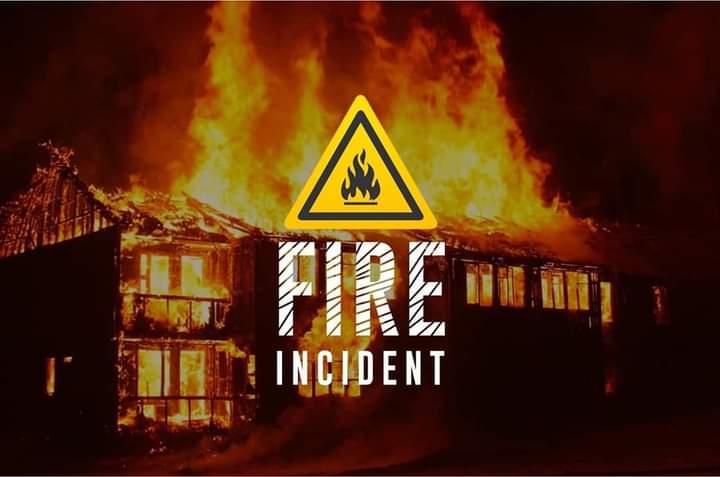- Nairobi's Embakasi East, Mradi estate area, witnessed one of the deadliest gas explosions ever to occur in Kenya.
February 1, 2024 will forever be etched in Kenyan history as a day of tragedy and loss. On that fateful day, Nairobi's Embakasi East, Mradi estate area, witnessed one of the deadliest gas explosions ever to occur in Kenya.
The incident resulted in the destruction of property worth millions of Kenyan shillings, claimed the lives of at least six individuals, and left over 300 people injured.
The blame for this devastating explosion fell upon the operation of a gas cylinder plant situated in a residential area, specifically a gas truck that caused the explosion.
Preliminary investigations revealed that the National Environment Management Authority (NEMA) officials were complicit in facilitating the illegal registration of the Maxxis Nairobi Energy firm, where the tragic explosion occurred.
As a result, the government swiftly took action and suspended four NEMA officials found to be responsible.
A statement issued by NEMA Chairperson Emilio Mugo disclosed that the firm had applied for a license in July 2020. However, the permit was issued exactly one year before the accident.
The license's delay arose due to the involvement of multiple state agencies, including the Director of Physical Planning in the Nairobi City County, Nairobi City Water & Sewerage Company, the Director of Urban Planning and Development, Water Resource Authority, and others.
Despite the firm's desired location being a residential area, these agencies either conducted inadequate assessments or disregarded the potential risks and granted the license.
Following the incident, NEMA reported that the license issuance had been unprocedural, indicating the possibility of corruption. It is deeply concerning to think that individuals within these agencies may have received bribes or engaged in misconduct, putting the lives of innocent Kenyans at risk.
The question then arises: Who received the information from the residents of Mradi Estate regarding the gas plant operation and the impending tragedy? What actions, if any, did they take, and what influenced their negligence or inaction?
Regrettably, a similar fate befell Kirinyaga County shortly after the gas explosion in Nairobi. At least six lives were lost due to the consumption of illicit alcohol in the villages of Kangai and Kandongu in the Mwea Constituency.
Disturbingly, villagers allege that the illicit liquor was sold to the victims from a licensed establishment. The authorities in the area were aware of the illicit alcohol trade, as the deputy president and the Ministry of Interior had previously launched campaigns to eradicate such brews.
This raises serious questions about the responsibility and accountability of the county government, which is mandated to assess and issue licenses to bars and liquor stores.
Who within the Kirinyaga County government issued the license for the establishment that sold the deadly brew? Who oversaw the assessment of the brew den that tragically claimed the lives of over a dozen individuals?
These incidents highlight the need to examine the administration's role nationwide. Witnessing the negligence and ignorance displayed by many government officials, who only seem to awaken from their slumber when it is too late, is disheartening.
Lives are unnecessarily lost, and immense losses are incurred even though most of these tragedies are entirely avoidable.
A sincere conversation must take place to hold accountable those responsible for the safety and well-being of Kenyan citizens. Government officials who have failed to fulfil their duties due to ignorance or negligence must face the consequences of their actions.
These incidents serve as a wake-up call for a comprehensive reevaluation of the systems in place to ensure public safety and to eradicate corruption and malpractice that endanger the lives of ordinary Kenyans.
The lives lost, and the losses suffered in these incidents are a painful reminder that immediate action is needed. The government and its officials are responsible for protecting the lives and well-being of the citizens they serve.










